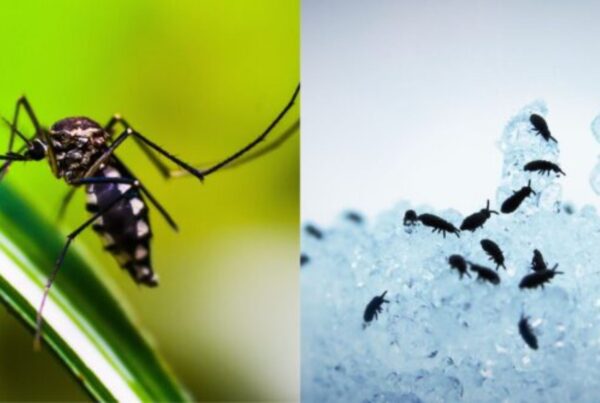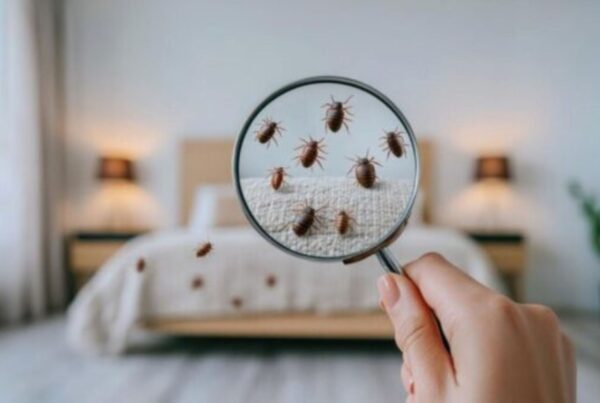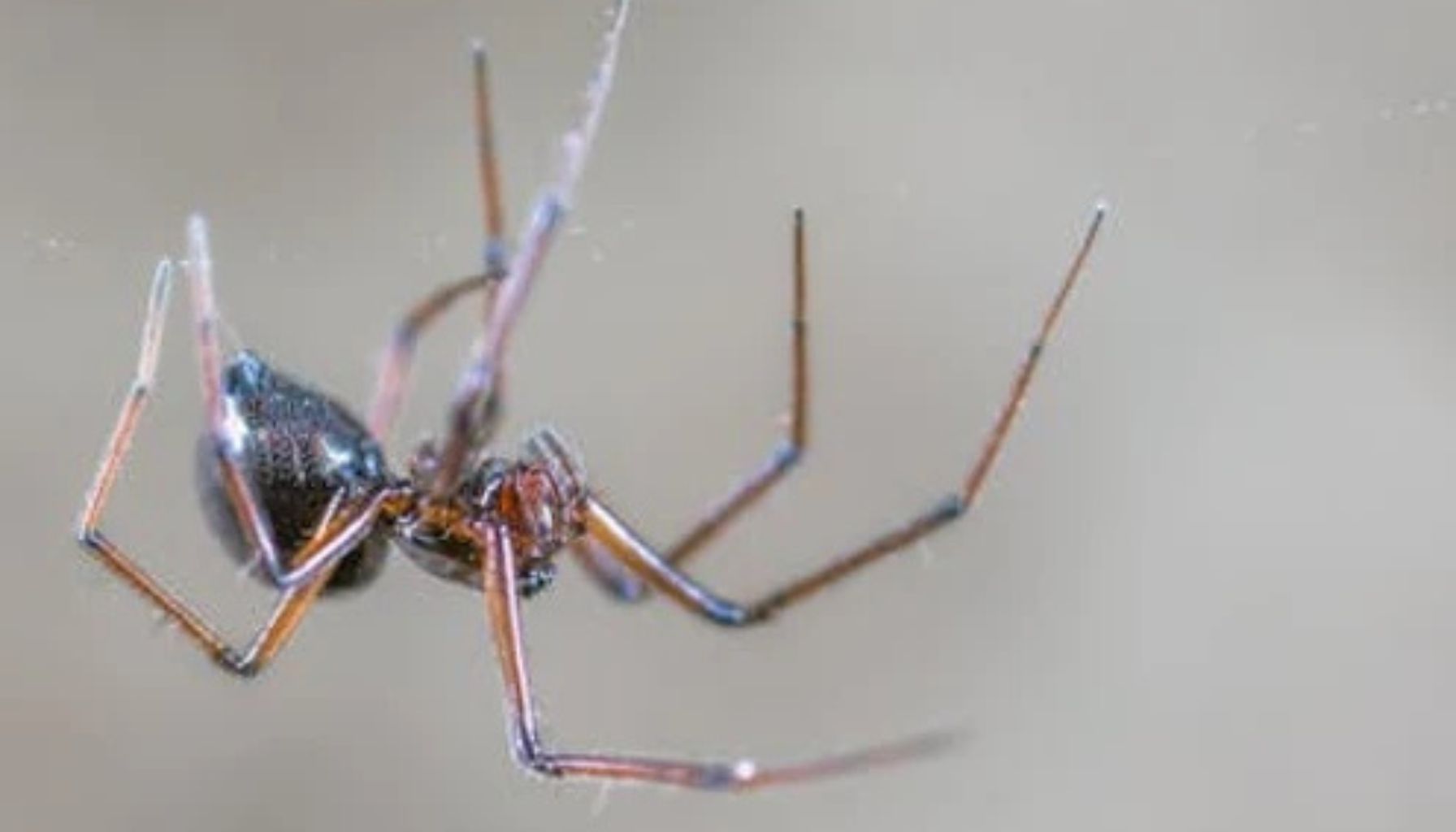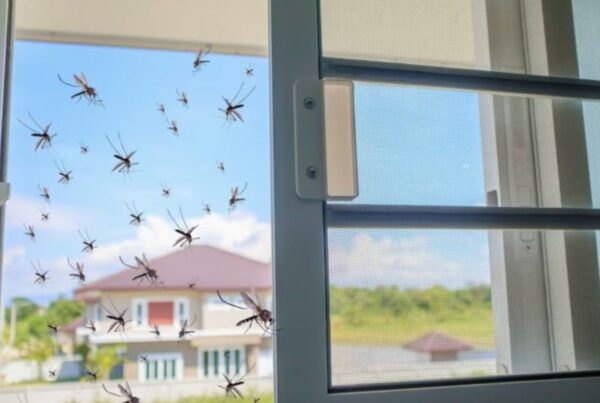Whether you’re dealing with itchy bumps after an outdoor adventure or you’ve noticed something unusual on your skin, identifying the cause of a bite can be tricky.
Spider bite vs. mosquito bite—how do you tell the difference?
Both can leave you feeling uncomfortable, but understanding their distinct characteristics is key to knowing what steps to take next. Whether you’re concerned about a potential infestation or just want to ease the discomfort, read on to find out everything you need to know!
What Does a Mosquito Bite Look Like?

Let’s start with the more common culprit: the mosquito. Mosquito bites are usually small, raised, and round, with a red, itchy welt at the center. When a mosquito lands on your skin, it uses its needle-like mouthpart to pierce the skin and draw blood. In the process, it injects a small amount of saliva, which triggers an allergic reaction that causes redness and itching.
While mosquito bites can appear anywhere on the body, they’re especially common on exposed areas like your arms, legs, and neck. You’ll usually notice the bite shortly after being bitten, as the itchiness tends to kick in almost immediately. It might get worse as time passes, especially if you scratch it, which can lead to further irritation or infection.
How Does a Spider Bite Compare?
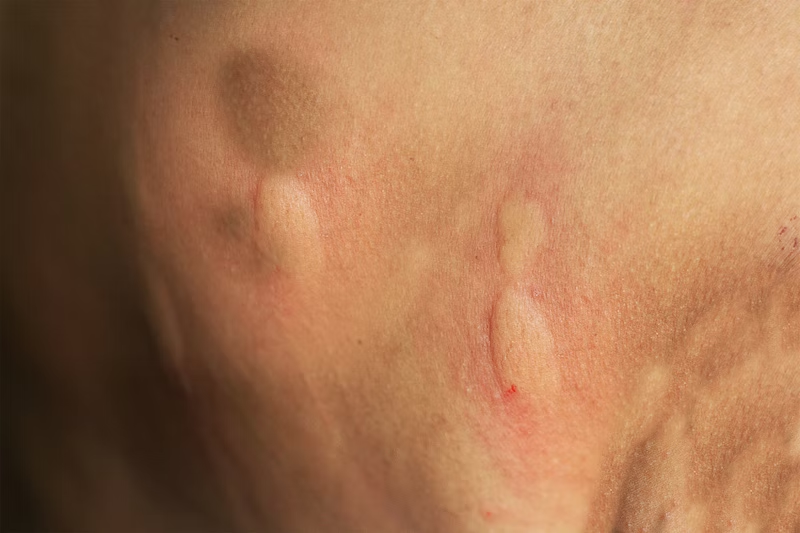
Now, let’s talk about the spider bite. Spider bites, although rarer, tend to be more serious. A spider bite vs. a mosquito bite can often be distinguished by the symptoms they cause.
A spider bite may be much larger and cause more significant pain. Most spider bites are not dangerous, but certain species, like the brown recluse or black widow, can be. The bite itself might feel like a sharp pinprick, and the reaction can vary from mild to severe, depending on the type of spider and its venom.
At first glance, a spider bite might look similar to a mosquito bite—red and swollen with a central puncture mark. However, the key difference is the progression and duration of symptoms.
A mosquito bite typically itches for a few hours to a day, but a spider bite can last longer and cause more noticeable symptoms like pain, swelling, or even fever in some cases.
In addition, if you’re dealing with a more dangerous spider bite, you might notice significant swelling or even tissue damage around the bite site. Brown recluse spider bites, for example, may cause a distinctive “bullseye” pattern, creating redness around the bite with a lighter center. If you suspect a dangerous spider bite, it’s crucial to seek medical attention immediately.
What to Do if You Have a Mosquito Bite
The good news is that most mosquito bites are harmless and will go away on their own with minimal care. Here’s what you can do to manage a mosquito bite:
-
Clean the Bite Area: Wash the bite with soap and water to prevent infection.
-
Apply a Cold Compress: Use a cold pack or a cloth with ice to reduce swelling and ease itching.
-
Use Anti-Itch Cream: Over-the-counter creams with hydrocortisone can help reduce inflammation and itching.
-
Take an Antihistamine: Oral antihistamines can relieve itching, especially if you have multiple bites.
If the bite area becomes infected or you experience severe swelling, consult a healthcare professional to ensure there is no serious reaction.
What to Do if You Have a Spider Bite
A spider bite requires a more cautious approach when it comes to treatment. If you’re unsure about the bite, here are some steps you can take:
-
Clean the Bite Area: Wash the area gently with soap and water to minimize the risk of infection.
-
Apply a Cold Compress: A cold compress can help reduce swelling and discomfort, just like with mosquito bites.
-
Monitor Symptoms: Watch for changes in the bite. If it becomes increasingly painful, red, or swollen, or if you experience dizziness or nausea, seek medical attention immediately.
-
Seek Medical Attention: If you suspect a bite from a venomous spider (like a brown recluse or black widow), get medical help immediately. These bites may require more intensive treatment, including antivenom or wound care.
Prevention: Spider Bites vs. Mosquito Bites
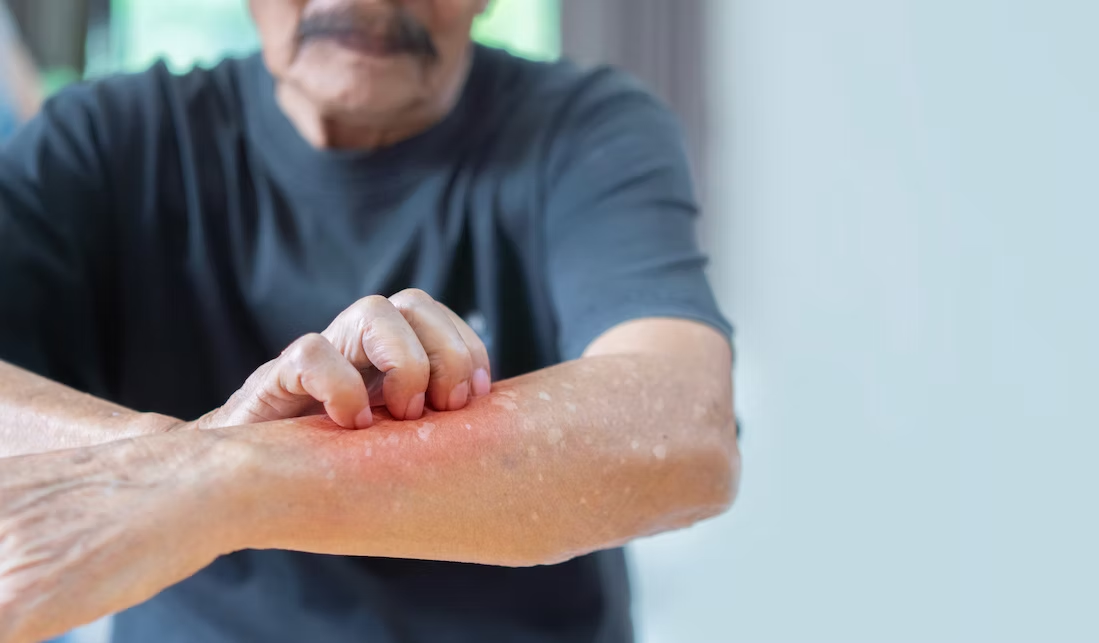
The strategies can be quite different when it comes to preventing spider bites vs. mosquito bites.
For Mosquitoes
-
Use Repellent: Always apply insect repellent with DEET to exposed skin when heading outdoors.
-
Wear Protective Clothing: If you’re venturing into areas with a lot of mosquitoes, cover up with long sleeves, pants, and socks.
-
Eliminate Standing Water: Mosquitoes breed in standing water. Empty containers, birdbaths, and clogged gutters to reduce mosquito populations around your home.
For Spiders
-
Seal Cracks and Gaps: Spiders can crawl through small gaps in your walls, doors, and windows. Seal up any cracks or crevices around your home.
-
Declutter Your Space: Spiders love dark, cluttered areas. Keep storage spaces, basements, and attics tidy and organized to make your home less inviting to spiders.
-
Use Pest Control Services: Professional pest control is the best way to prevent both spiders and mosquitoes from invading your home. With regular treatments, you can protect your family from all kinds of pests year-round.
Trust Magna for Spider and Mosquito Pest Control!
If you want to protect your family from the dangers of spiders and mosquitoes, contact Magna Pest Solutions today! Our expert team is here to help you create a pest-free environment that’s safe, comfortable, and protected from unwanted bites.
Get in touch with us to explore our different plans and see what works best for your home or business.
FAQs
Can spider bites cause allergic reactions?
Yes, while most spider bites are harmless, some people may experience allergic reactions such as swelling, itching, or difficulty breathing. If you experience any of these symptoms, seek medical attention immediately.
How long does it take for a mosquito bite to heal?
Most mosquito bites heal within a few days, but the itching and swelling can last longer depending on your body’s sensitivity. Scratching the bite can delay healing and increase the risk of infection.
Are all spider bites dangerous?
No, the majority of spider bites in the U.S. come from non-venomous spiders and cause only mild symptoms. However, bites from species like the black widow or brown recluse require immediate medical attention.
Why do mosquito bites itch more than spider bites?
Mosquito bites often itch more because the mosquito injects saliva containing anticoagulants, which trigger a mild allergic reaction. Spider venom usually causes more pain than itch, depending on the species.
Do spider or mosquito bites pose a greater risk of disease?
Mosquitoes pose a greater public health risk because they can transmit viruses like West Nile, Zika, and dengue. Most spider bites don’t transmit disease but can cause localized reactions or necrosis in rare cases.
Can I prevent spider and mosquito bites indoors?
Yes, keep doors and windows properly sealed, use window screens, and maintain a clean, clutter-free environment. Indoor insect traps and pest control treatments can also help reduce indoor bite risks.
Should I be worried if my bite won’t go away after a week?
If a bite persists for more than 7–10 days, becomes more painful, or shows signs of infection or tissue breakdown, it’s best to seek medical advice to rule out serious complications.
Recent Posts / View All Posts
